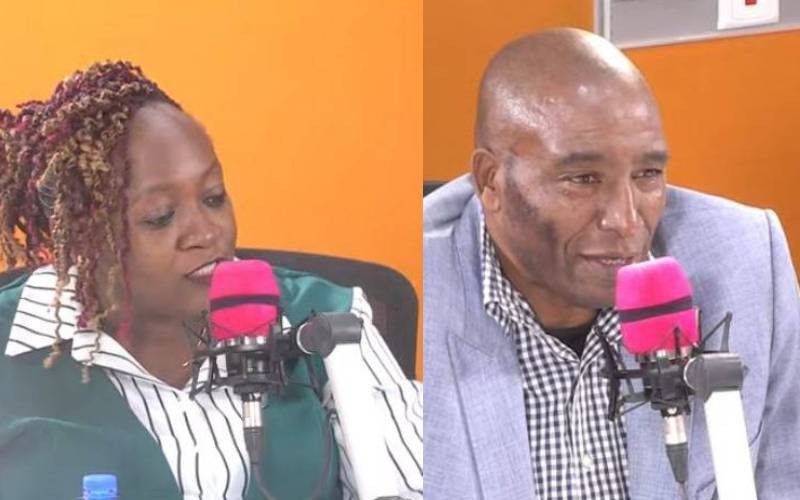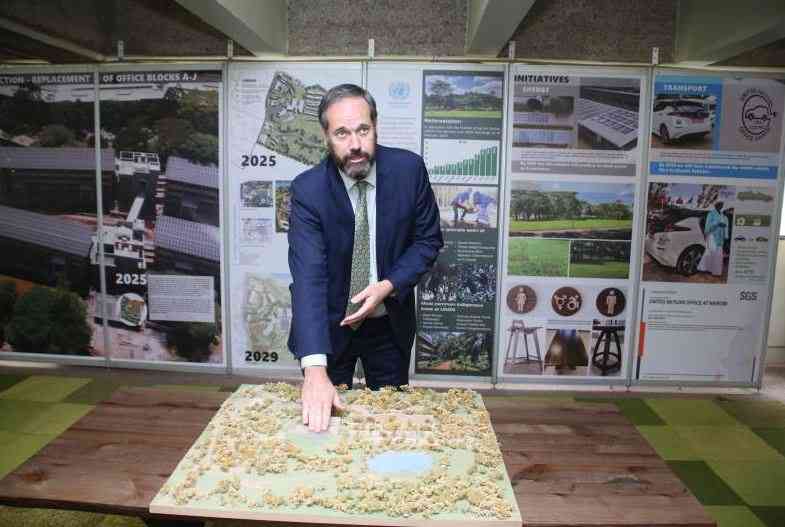
Widow inheritance is considered a common practice in both Luo and Abasuba communities.
Elders from the communities consider widow inheritance a healthy practice involving care of a wife whose husband has died.
Among these communities, if a man dies at an early stage of marriage, it is not strange for another man to take over the marital responsibilities.
In the arrangement, the widow inheritor lives with her. The aim of the practice is to enable continuity of the deceased husband’s family.
“The purpose of widow inheritance is to enable the family of a deceased husband to continue because some men die when their wives are still young. This involves giving birth to children and the children are perceived to belong to the deceased husband,” said Okong’o Nyamai, a member of the Luo Council of Elders.
However, widow inheritance has recently been exploited by some men who take advantage of it to perpetrate crime. Some of the men go to villages where they are not known to inherit widows.
In such circumstances, the widow inheritors disguise themselves to commit crime in an alarming trend that has forced National Government administrators to take action.
In Suba West Sub-county, Homa Bay County, Deputy County Commissioner Samson Akach has been openly urging widows to avoid being inherited by men who lack a national identity card and an acknowledgement letter from the chief.
Akach's advice comes against the backdrop of a suicide incident in Ramba Kaswanga village where a man only known as Musa took his own life after being rejected by a woman he had inherited.
According to Mfangano North Location Chief Bernard Oloo, Musa's father went to the area two days after he had committed suicide and produced his national identity card that indicated his name as Moses Opiyo Adero.
His father, who hails from Kothidha Location in Homa Bay Sub-county, told government officials that Musa disappeared in 2016 after completing his secondary education in 2014.
Musa, who was a fisherman at a local beach, reportedly disagreed with the widow identified as Rosmary Adoyo, aged about 56 years.
Adoyo complained that Musa was selling her household items without her consent. The disagreement forced the widow to seek intervention from the Chief to help her get rid of the man.
“Adoyo disagreed with the man because he used to sell her household items. She decided to kick him out,” Oloo said.
Stay informed. Subscribe to our newsletter
Musa had been given bus fare to return to his Kanyada Kothidha ancestral home. It is said he boarded a bus, but the woman was surprised to see him back at her home.
Adoyo sought the assistance of the village elder to help her evict the man from her home. The village elder advised her to sleep in a neighbour’s house so that the matter could be handled the following day.
However, when Adoyo returned in the morning, she found Musa's body dangling from the rafters of the verandah. He had committed suicide using a manila rope.
“The widow lived with a man she did not know. The man used to identify himself by one name, and did not have an ID card,” said Chief Oloo.
The administrator urged widows in the area to be vigilant about the identity of men who inherit them.
“Let widows ensure they know the identity of men who inherit them. Living with an unknown person makes it difficult to know their background,” Oloo said.







